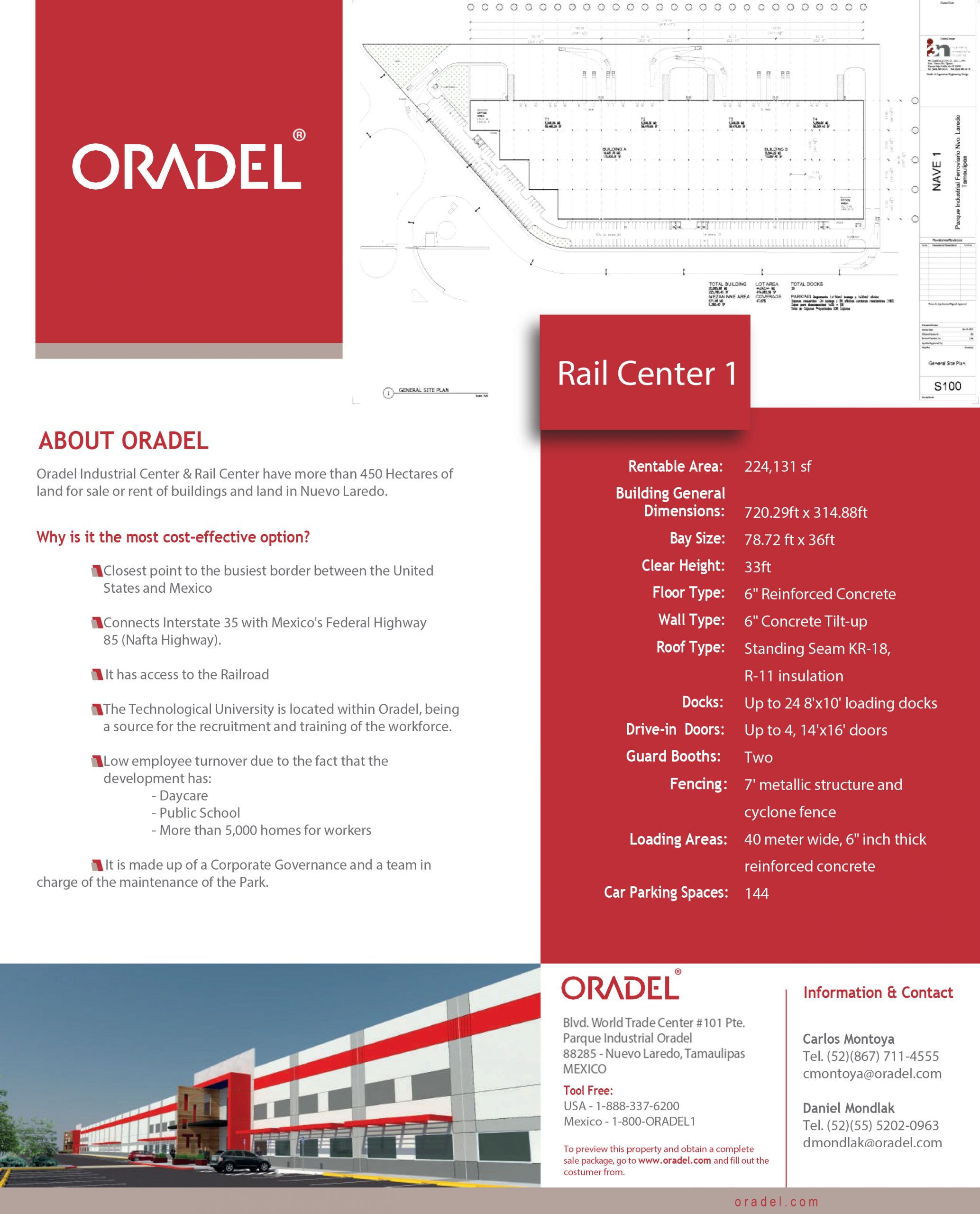The coronavirus and its impact on global transport

Industrial spaces increase in Mexico
7 May, 2020
Covid-19 forces innovation in the manufacturing industry
7 May, 2020
The coronavirus and its impact on global transport
The Covid-19 pandemic has had a significant impact on transport by sea, air and land worldwide. This has hit globally-integrated supply chains and given rise to consequences for the economy.
The impact on maritime transport
In recent months, maritime freight transport has been affected by the Covid-19 epidemic, which has hampered port activity and demand for raw materials from China.
The coronavirus outbreak poses an economic risk to the operations and trade volumes of companies engaged in the global transport of goods. The outlook for this year is subject to considerable uncertainties due to Covid-19 in China.
However, according to an analyst at Artic Securities, in addition to these immediate logistical issues there is also the slowdown in Chinese demand in the short and medium term, since the country itself accounts for almost 35% of bulk imports by sea worldwide.
The impact on air transport
According to the International Air Transport Association (IATA), the impact of the coronavirus outbreak on airlines internationally is expected to amount to USD $29.3 billion, with airlines in Asia and the Pacific being the hardest hit with an estimated USD $27.8 billion in lost revenues.
For the world, the situation will slash USD $1.5 billion dollars off airline revenues. This figure will mean a 5% drop in global revenue forecast by IATA for 2020.
In addition, the current situation may cause a 52.9% decrease in global air traffic demand compared with last year, as opposed to the forecast of 4.1% growth. This would be the first drop in demand since the 2003 SARS crisis.
The impact on land transport
According to estimates by the International Road Transport Union (IRU), global land freight transport in 2020 is expected to drop 20% on last year, generating a global loss of USD $800 billion for cargo companies and operators.
IMF forecasts for 2020
The International Monetary Fund (IMF) had predicted that 2020 would be a year of recovery for the world economy following last year’s slowdown. However, it now doubts that global growth will reach 3.3% given the world’s situation.
How to move goods quickly and safely in times of Covid-19.
The spread of the coronavirus worldwide has affected trade and the global transport of goods. However, the authorities recommend not stopping supply chains or the shipping of products in the world, especially food and medicines required to fight the virus.
Recommendations for not stopping foreign trade operations
-Use of technology: The digitalization of trade processes makes the shipping of goods to and from any part of the world more practical, safer and cheaper. Similarly, Artificial Intelligence helps companies obtain data and generate real-time reports on costs, times and appropriate routes to move their containers.
-Tracking of shipments: In the course of any trip, every container is exposed to possible damage, so companies require full visibility and accessible tracking of the products they are transporting. Having real-time updates on the movement of cargo and making arrangements for collection and customs processes from origin to destination, until the shipment reaches the buyer, are crucial in this contingency.
Oradel as a partner in the logistics market
Oradel industrial park enjoys a strategic location and offers advantages in land transport for companies whose operations are based there.
Oradel Industrial Center connects to the “NAFTA Highway” and is located 10 minutes from the international bridges with the United States. In addition, the park is home to the Oradel Rail Center, a system of state-of-the-art rail lines with direct access to the loading and unloading bays of the industrial buildings.





